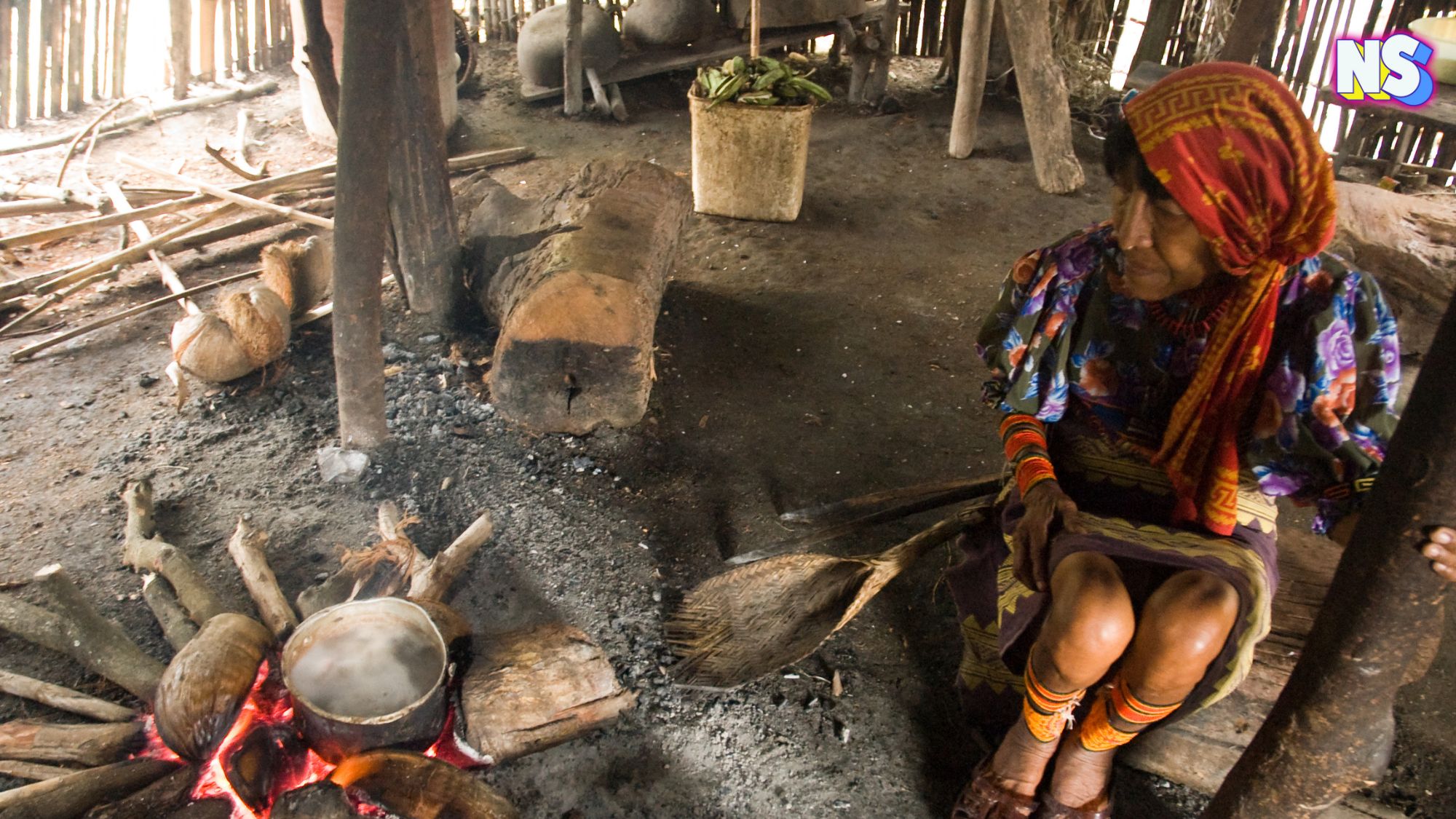The Japanese chola look, inspired by East Los Angeles cholas, is a striking blend of street fashion, attitude, and identity. These Japanese women are intentionally embracing this style, even though it originates from a very different cultural context. Does this mean the Japanese cholas are mocking the plight of millions of Chicanas? Of course, many of us in the Latino community, and beyond, know that all Chicanas are not cholas, and all cholas are not Chicanas. Do they? Are Japanese cholas guilty of cultural appropriation? The debate has been raging on social media for years.
The Rise of Japanese Cholas
The chola movement in Japan began decades ago, with the rise of Mexican-American Singer Selena Gomez, and the introduction of lowriders and classic movies like “Mi Vida Loca.” Japanese women who wanted to break societal norms in their culture became to dress like cholas. They express admiration for the boldness, independence, and strength associated with this subculture.
In their award-winning coverage on the matter, the lifestyle outlet Refinery 28 reported that the chola aesthetic challenges traditional gender norms and allows them to break free from societal constraints.
Rather than mere appropriation, these women engage with chola culture. They go as far as to learn about its history, symbolism, and significance. Some even financially support the community by purchasing chola-inspired clothing and accessories.
By adopting chola style, these Japanese women express solidarity, rebellion, and resilience. It’s a way to connect across borders and celebrate shared experiences.
Cultural Appropriation or Respect?
The debate around cultural appropriation is nuanced. While some argue that borrowing elements from another culture can perpetuate stereotypes or exploit marginalized communities, others believe that respectful engagement can foster understanding and appreciation.
“I think it may be ok at times cause they are paying homage to this culture. They are not acting as if they originated it like they do here in the states. It can be a thin line. Certain cultures have been abused so long in the states til now we don’t see ii as others celebrating it. Cultures have been abused in the states,” @selenat.4982 writes on YouTube.
In the case of Japanese women dressing like cholas, many say it’s not just a fashion statement for the majority of them. They insist that their intent is not to harm but to celebrate.
California State University Northridge Chicano Studies expert, Professor Denise Sandoval, agrees. The Japanese women are guilty of cultural appropriation, but not really.
“They see it as they’re honoring and respecting Chicana/Chicano culture,” Sandoval explains in an interview.
A Cultural Exchange
Indeed, cultural exchange occurs when people genuinely appreciate and learn from each other. These Japanese women actively engage with chola culture, attending lowrider events, studying its history, and supporting local artists.
“What if I said Japan owns chopsticks and sushi. You’re not allowed to enjoy them,” Japanese rapper MoNa, aka Sad Girl, asks.
She says many young Japanese women have discovered the movement and aesthetics through her music. And many Americans have discovered her as well.
She’s released four albums, and her international fan base has taken her to perform in places like L.A. and San Diego,” the New York Times reports.
The Debate Continues
While some may argue that any cross-cultural borrowing is appropriation, the impact matters. If it perpetuates harmful stereotypes or commodifies culture, it becomes problematic. However, when done respectfully, it can foster connections and understanding.
But it’s not just about appreciating another culture. What about the suffering that Mexican-Americans endured in the U.S, giving rise to the Chicano movement? Many say the plight of Chicanos and Chicanas cannot be ignored. And, the Japanese cholas say they don’t.
She adds: “ … I just want people to know we’re not all fake. … Some of us really admire the culture.”
The debate isn’t over. As the Japanese chola phenomenon blurs cultural boundaries, millions are challenged to rethink what constitutes appropriation. One thing everyone agrees on: it’s not a simple yes or no answer.





